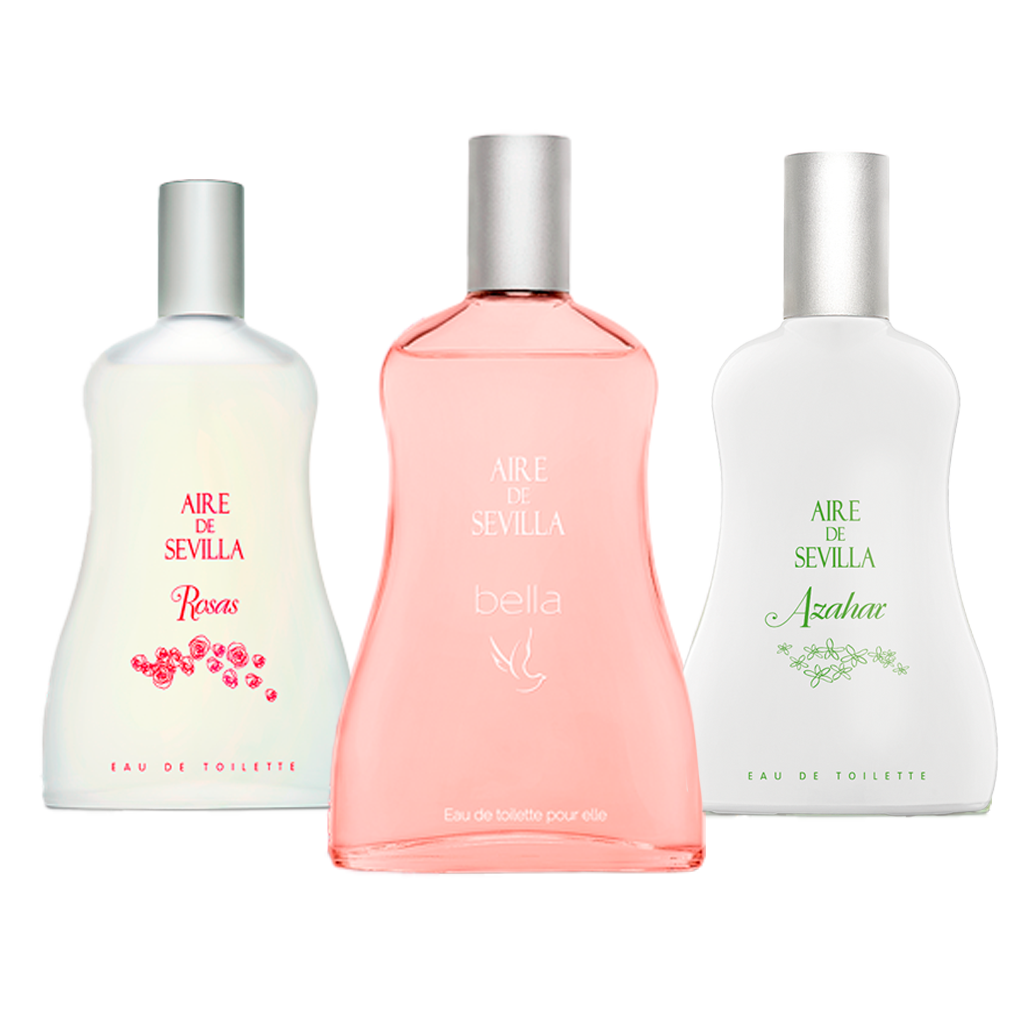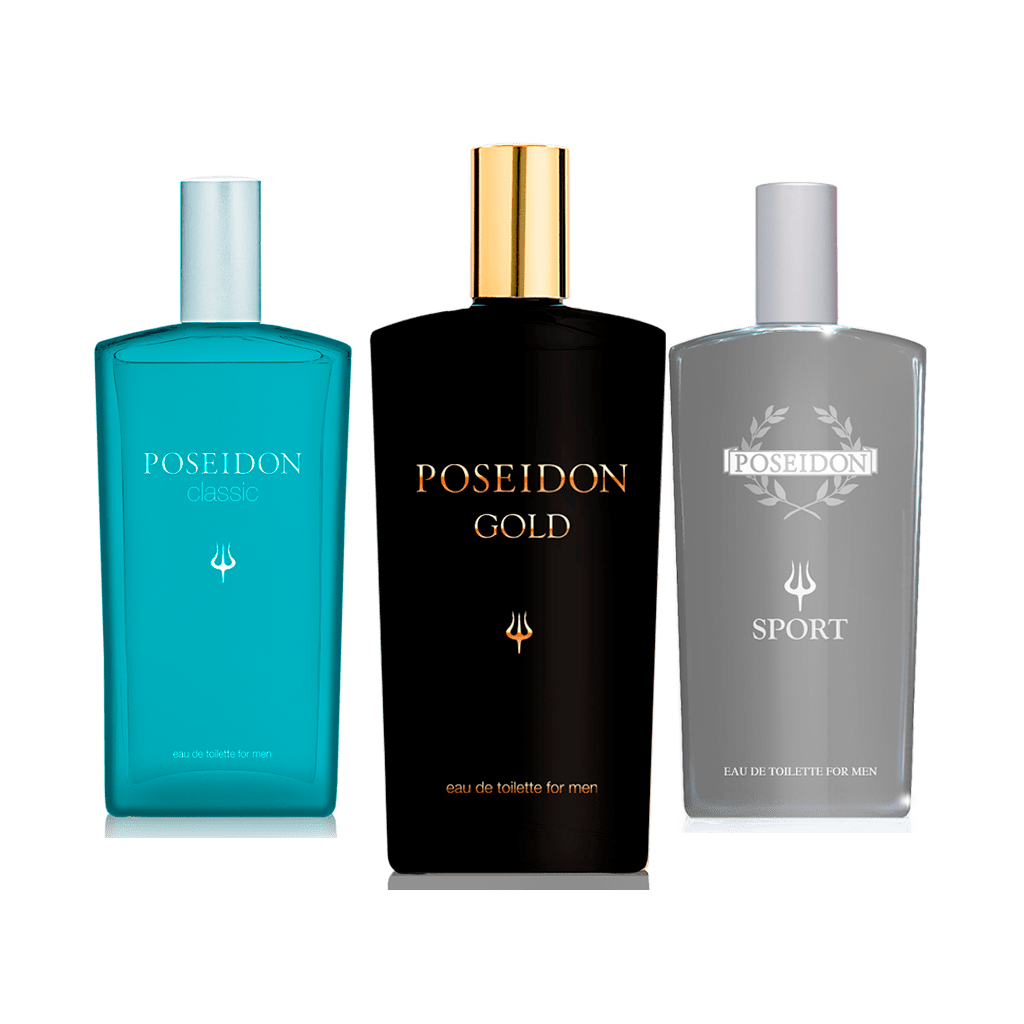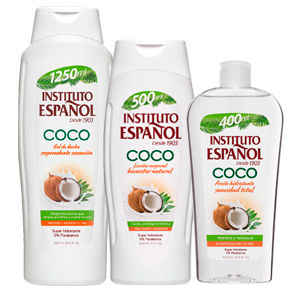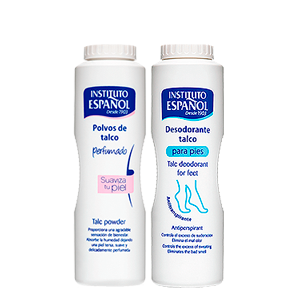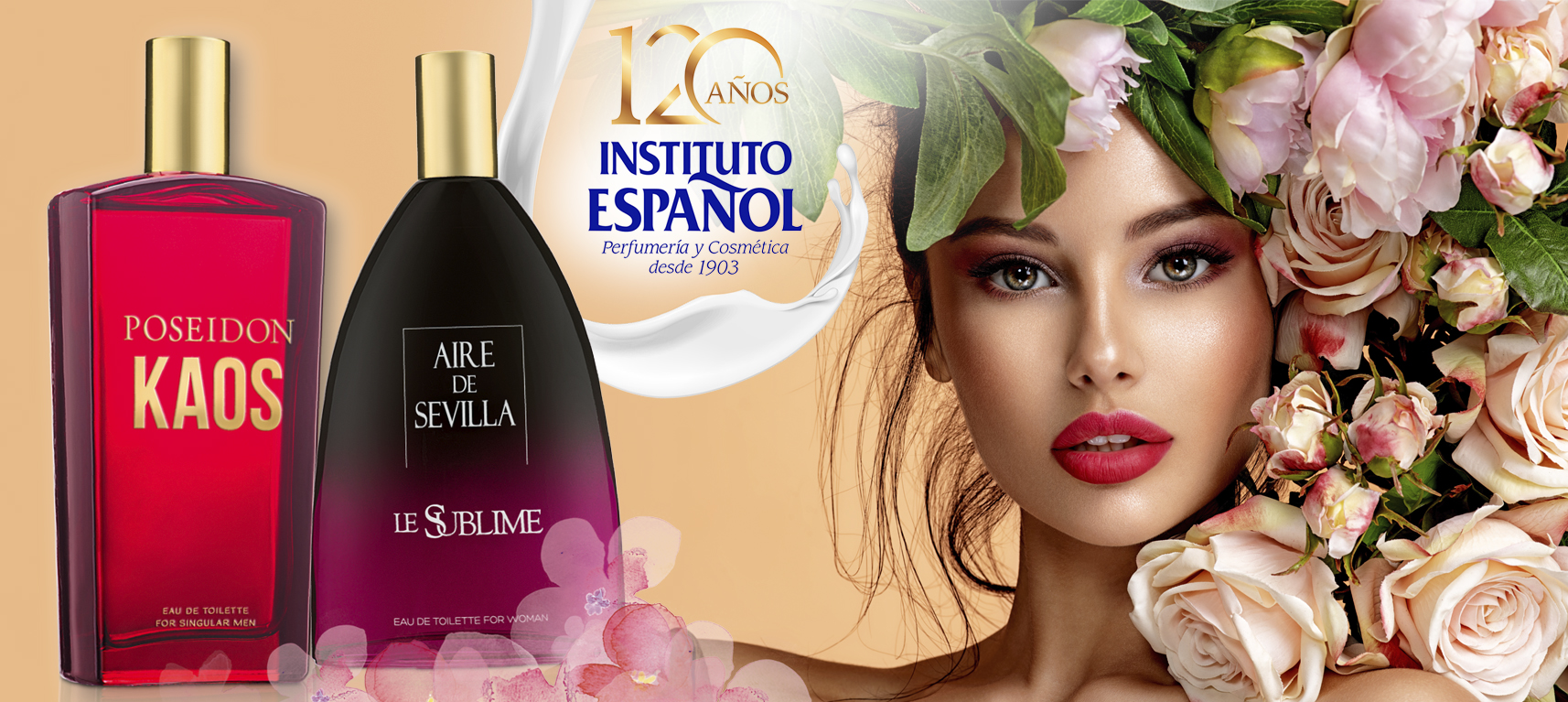
Perfume history, Do you know her?
Perfume history, Do you know her? ¡Instituto Español I tell you firsthand!
According to psychology experts, perfumes increase self-esteem and promote social relationships, Well, a person who wears perfume feels better about himself and can turn perfume into a relevant element of his personality.. Who doesn't love to smell good?? However, not all of us know the story of it, that's why we are here to tell you. Join us on the journey!
The origin of perfume
We go back to the Stone Age. Here, Men burned aromatic woods and resins that gave off a pleasant smell with the intention of pleasing their divinities with smoke.. This was called “through the smoke” In latin, what would later become the term “perfume”.
Mesopotamia and Egypt
Despite not having much documentation about it, It is known that in Mesopotamia there was a perfumery for ritual and personal use. According to a cuneiform tablet found (Towards the year 1200 a.C.), The first recorded perfumers were women, who created perfumes with mixtures of flowers and plants.
In Egypt, on the other hand, They used perfumes a lot for religious themes, using different essences depending on the time of day. The Egyptians did not know the technique of distillation, but they used others like enflorado, oil maceration or pressure extraction, because good smell was very important to them. So much so, that the women of high society who placed cone-shaped containers with grease impregnated with perfumes under their wigs so that the smell would be released with body heat.
India and China
In ancient China, The perfume was kept in “scented bags”, small bags of cloth or gold thread with aromatic herbs inside. The origin of these bags is still a mystery., although we find artistic evidence in many of the pictorial works of their dynasties.
Greece
The Greeks filled their myths with perfumes, They perfumed the statues of their gods with oils, the bodies of athletes and women. To Alexander the Great, for example, in addition to frankincense and myrrh, he loved saffron, and he soaked his robes with it to leave a trail of smell in his wake..
On the other hand, regarding greek mythology, There are numerous references to perfume. Aphrodite she was the goddess of love, beauty and fertility, and he always presented himself with the smell of roses. Mythology says that the roses were the tears she had shed for Adonis while he was dying in her arms.. White roses emerged from her tears, but some were dyed red with their blood, Well, he got hurt in some brambles trying to save his lover.. Another version of the myth says that the perfume was born when Aphrodite splashed a rose with a drop of blood., that turned red. After, her son Eros kissed her, giving it a wonderful aroma.
Roma
The first guild of perfumers is created in Rome, los “ungüentarii”. Back in the 1st century AD. Nero even perfumed his animals., and it is said that, at Poppea's funeral (his wife), Nero spent the amount of perfume that the perfumers of Arabia produced in an entire year. In the Bible we also find references to perfumes on special occasions: frankincense and myrrh, for example, at the birth of Jesus or the moment when Lazarus' sister anoints the feet of Jesus Christ with perfume. What's more, Spikenard and its symbolic value are often referred to at this time..
The Middle Ages
With the Byzantine Empire, perfume resurfaces throughout the eastern Mediterranean area. Its capital is Constantinople (now Istanbul). The culture of perfume in the Arab civilization gives a boost and new raw materials such as ambergris emerge., musk or rose water. The Arabs perfect the knowledge acquired from previous cultures with the still.
This was a time of great events such as the Crusades, Marco Polo's travels, Italian trade missions… All this provided new techniques and materials, because they brought products and new ideas from other cultures.
Baroque
In the 17th and 18th centuries, perfumery triumphed in Versailles and the courts of France., and expands throughout Europe. On 1709, Jean-Marie Farina creates a perfume with the name of Cologne (Eau de cologne) in honor of the German city in which he lived, and becomes the emperor's favorite fragrance, the nobles, and the royal houses of the world. This gives rise to a new taste for the fresh and citrus notes that resembled the Eau de Cologne..
Twentieth century
On 1828, François Coty create the perfume “Chypre“, which due to its great success begins to spread throughout Europe and is positioned as a luxury perfume. Thus, Coty would be considered the father of modern perfumery.
On 1921, Chanel Nº5 is launched, a perfume that not only had relevance at the time but has endured to this day, being a true icon in the Coco brand. Going through the years 30, after World War II, Perfumes with the smell of leather are beginning to become popular. What's more, some perfumes are beginning to be classified as “haute couture perfumes”, because Christian Dior unites fashion and perfumery, which would cause that in the years 50, almost all the big fashion brands had their perfume. In parallel, Lighter perfumes begin to be industrialized and therefore, more affordable, also giving rise to the “Cologne” male.
The era of revolution and demand arrives, and among the 60 and the 80 women want to appear sophisticated and provocative, converting the patchouli in the main note of their fragrances. This will change when 90 and the 2000, since in these years the sweet perfumes, Vanilla or caramel scents are trendy, looking in some way to remember childhood. What's more, the man begins to perfume himself with the intention of seducing, and enter the calone, that produces a smell of sea breeze.
XXI century
Currently, exist countless perfumes and smells for all tastes, because we have introduced them into our lifestyle as an essential piece. From Spanish Institute, we want to promote what a good smell makes us feel when we wear it, and we work so that everyone can find the one that makes them feel unique.. The history of the perfume is rich and complex.
And you, Have you found yours yet??




















